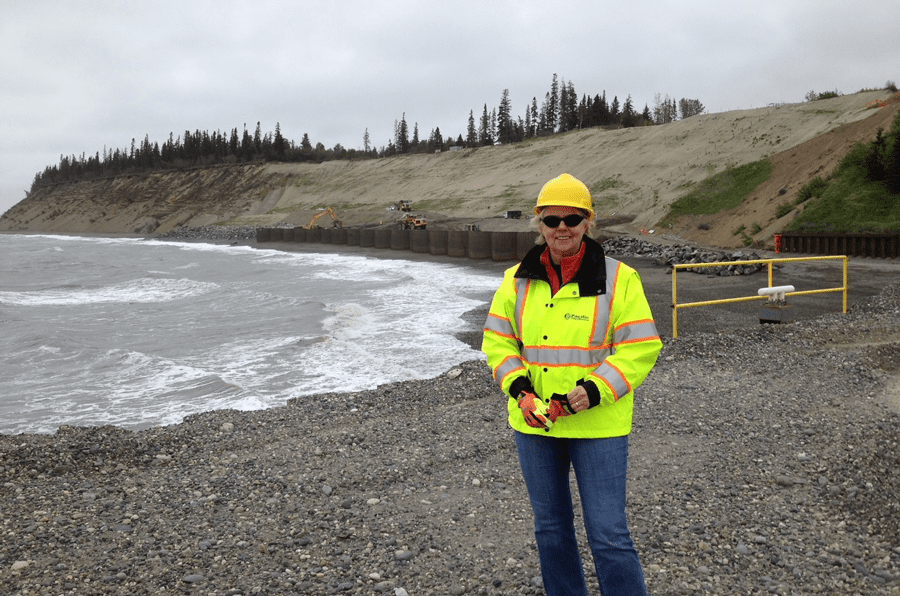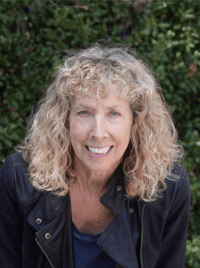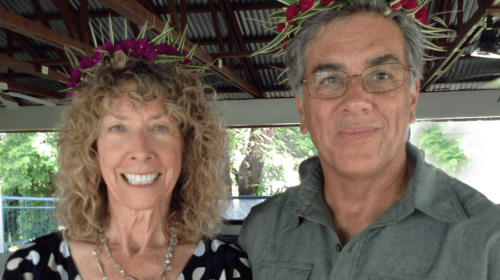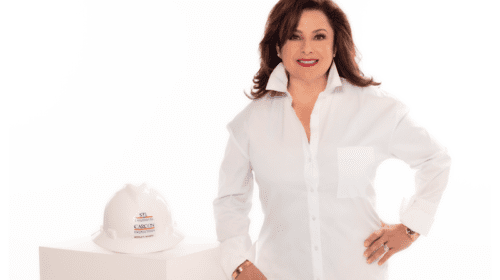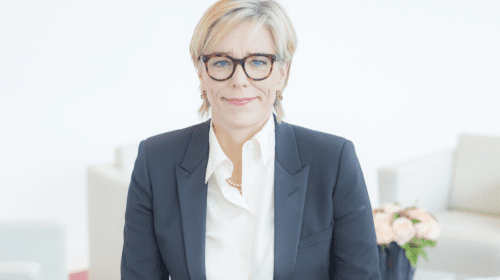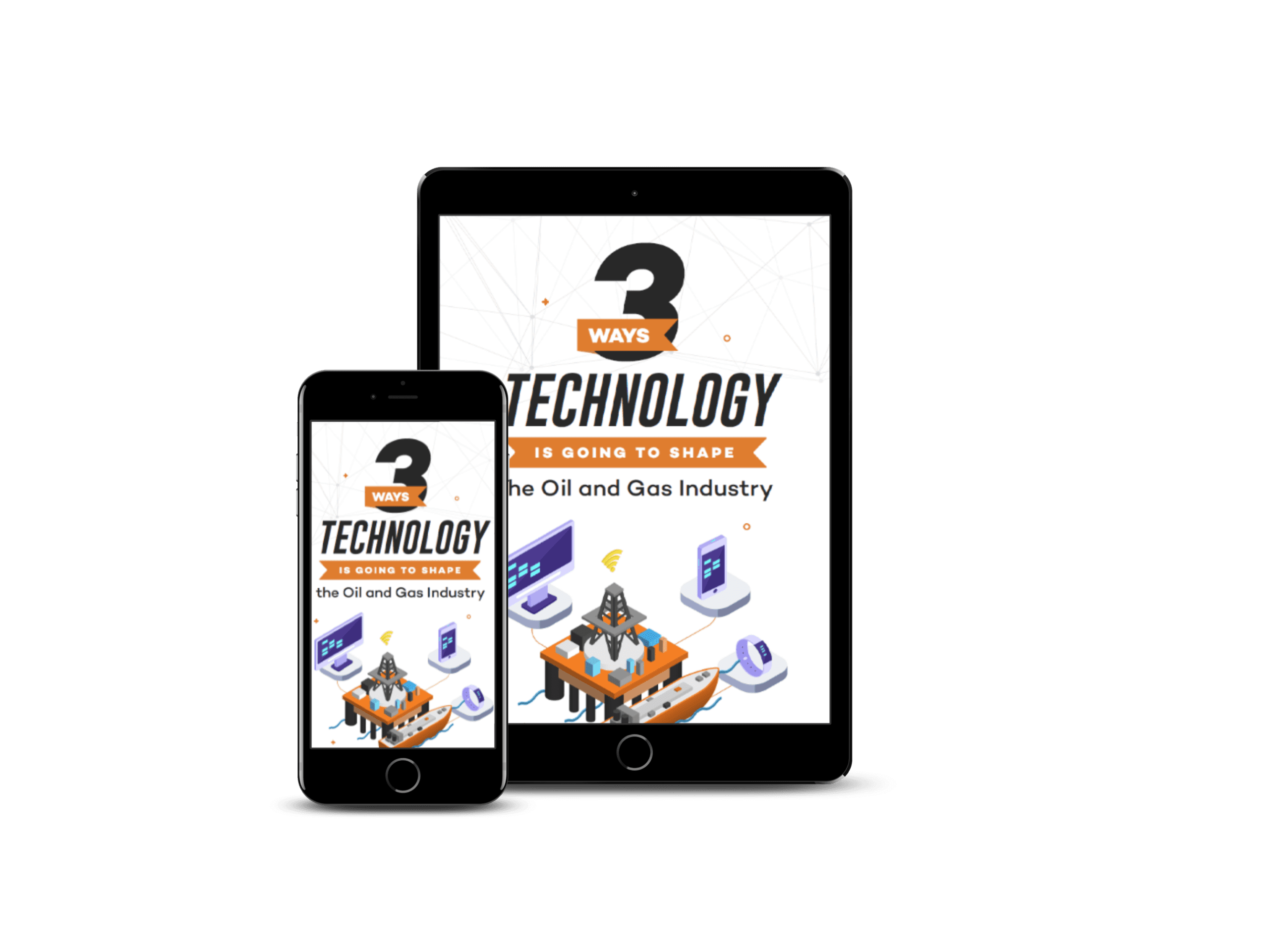As the lone woman in a male-dominated industry in the 1970s, I’d look with twinges of jealousy at men with their networking of lunches, golf, fishing trips and other “man-things” to which I wasn’t invited. When finally my company hired another woman, we couldn’t really be friends because if we sat next to each other at any meeting we’d get:
“What are you two girls scheming about? You need to mingle!”
As more women entered the business, one or two of us would occasionally get together for 10-minute power lunches, inhaling our food while running through a check-list with a thumbs up/thumbs down assessment: job, boss, husband, kids, life.
I was impressed and inspired by the other women in the workplace. We’d all been pioneers in the energy and chemical businesses: the first woman on the oil rig, the first woman at the refinery, the first women to get an international assignment, and so on. But, so sadly, we didn’t have time to fully connect or support each other.
Though I wish I’d done it decades earlier, finally at retirement, I had my chance. I emailed all the women I knew at my company, Chevron Corporation, who were retired or soon-to-be:
“I am thinking about getting us together to share what we are doing now and brainstorm visions for the future. We are such a powerful group, I know we could get ideas and inspiration from each other.”
I made it clear that it was not a competition about who was having the best retirement; we didn’t have to do any of that anymore. This was about listening and getting ideas and finding commonalities. This was our time to be who we are.
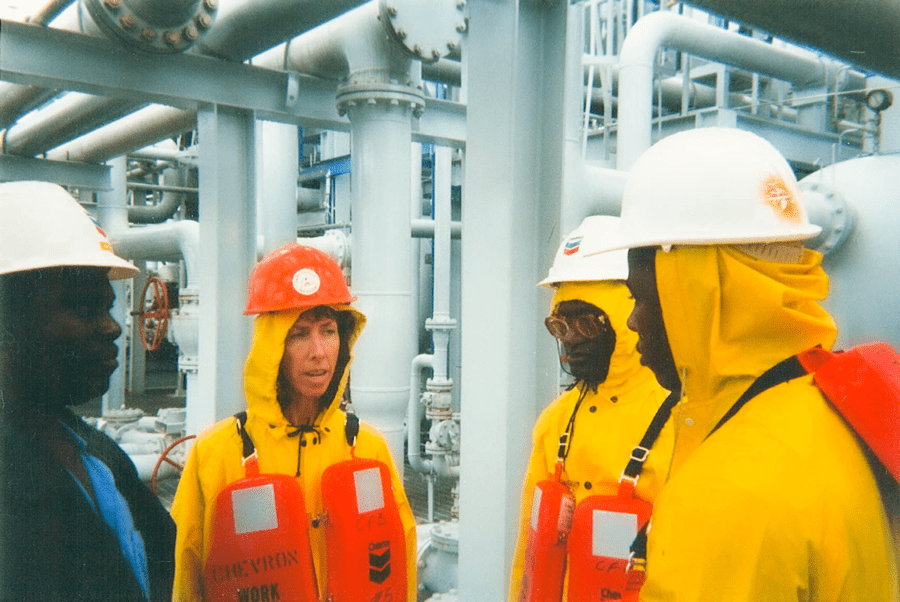

And so the Third Act Group was born. Our first meeting was a potluck at my house. After that, we rotated meeting at each other’s houses. When the pandemic hit, Zoom kept us going.
Forty members strong now, we’ve been together for over five years.
What We Talk About
Of course, we share news on weddings and divorces, births and deaths, starting new careers and shutting down old ones, physical wins along with illnesses and diseases, moves to new homes and damages to old ones, successes and losses.
But every meeting has a focus. We center on a topic query and each have five minutes to tell our story. Here are questions and answers from some of our discussions:
What are you learning at this stage of life?
Everything! How to relax, how to live with ourselves, how to deal with upsets, how to have fun.
What is your biggest challenge or barrier now?
Some of us say we don’t have as much control over what happens as we thought we would; this is a free-form stage of life and anything can hit us. Some have partners with a different vision or partners who don’t want to do anything. We are dealing with illness. There’s so much to do; others feel almost directionless.
What new idea, friendship or connection have you gotten from our Third Act Group?
It ranges from a new gym to join, a new friend to contact, financial guidance, ideas for a business, laughter and Spanish lessons. We share ideas for books to read, hikes to try, places to explore – even different angles on how to view life and our intentions.
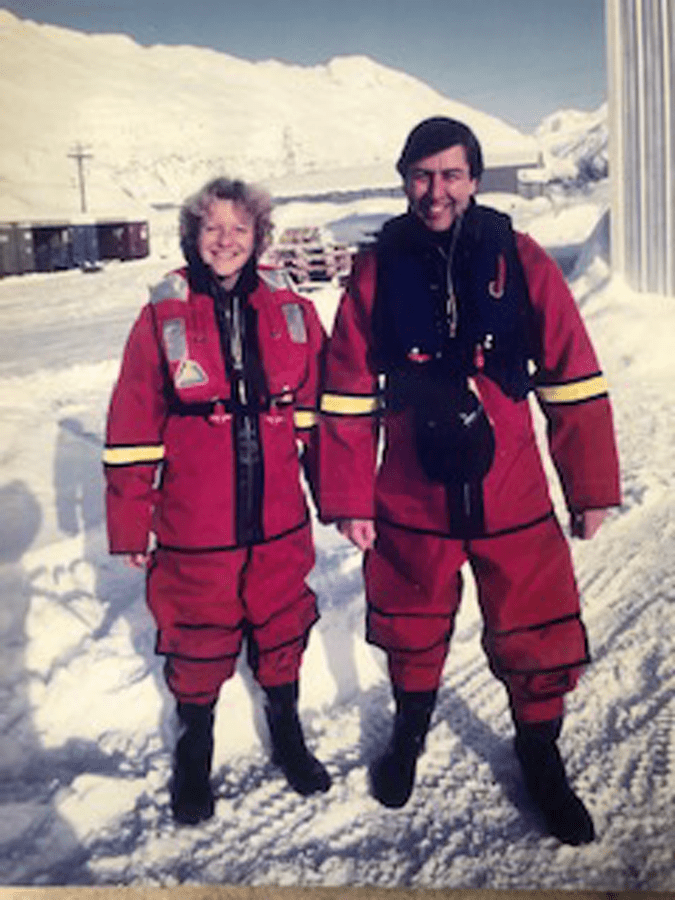

From your experience, was/is Chevron a female-friendly company?
This session turned into a letter to Chevron’s CEO and chief diversity officer about how we could aid in Chevron’s gender diversity efforts with our honest feedback, unhindered by fear of consequences. We all had fulfilling careers at Chevron and want the company to succeed. We proposed independent diversity audit teams and diversity mentoring of younger male and female leaders to create a more inclusive culture.
What is your vision for your retirement? What does a successful retirement look like to you?
Several women remarked that a successful retirement was balancing achievement/goals/ambition versus relaxation/pleasure. Others wanted a one, three or five-year plan for an intentional retirement. Most agreed that success is an individual definition.
How has the pandemic changed your Third Act and what are you doing about it?
We leaned on each other during the pandemic. Many of us are Type A people looking for ideas of how to survive without travel, sports, friend get-togethers and business. Aspects that helped us through the pandemic include projects, Zoom, family, longer-term vision, positivity – and support from each other.
What would your current self say to your former self at work?
We invited women currently working at Chevron to attend one of our sessions. They had heard about our group and asked about coming to one of our meetings to learn from us – and suggested this topic. The key take-away was encouragement to be braver, speak up more, empower yourself, and fuel the fires of your ambition and confidence.
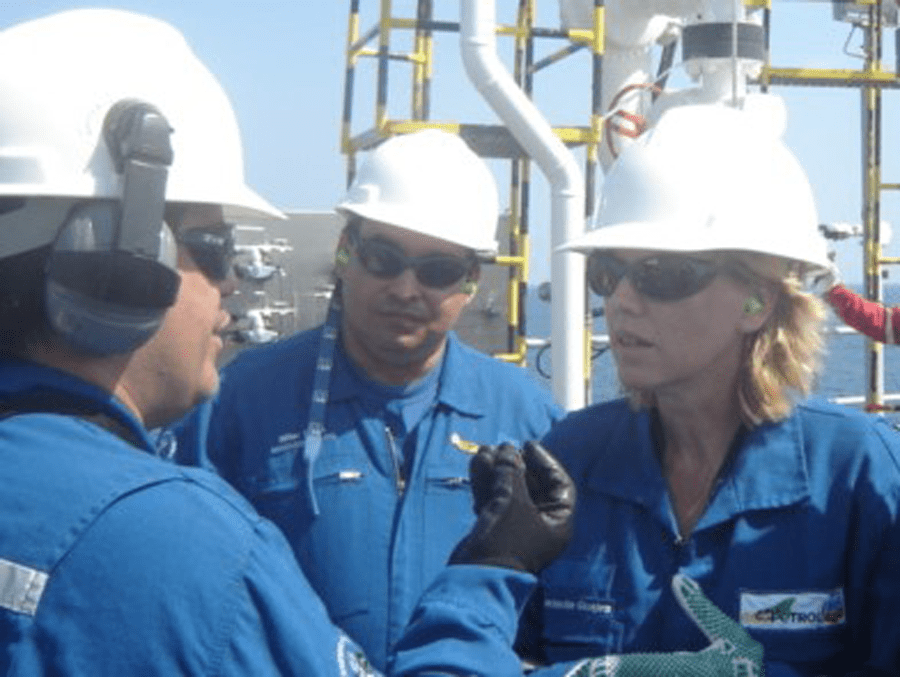

What is the one thing that has given you the most satisfaction so far in your Third Act? Or what have you discovered about yourself that then ties to the most satisfaction?
Sometimes there is a tendency to want to share the laundry list of all the things we’ve been doing. But here our focus was on our most favorite part of this era that truly fulfills us. Our discoveries include our yearnings and capacities for family, love, contribution, leadership and purpose. We cherish the time we have now to contemplate our core values, enjoy freedom from schedules, and indulge our curiosities. We can play. We can be a better friend.
What have you NOT done that you’d like to do?
Here we wanted to encourage each other to be brave. One woman wanted to be on a board but had not hit “send” – so we egged her on!
Though we all had fulfilling careers, you might note that most of these topics are about the future. None of us are interested in stagnating in our glory days. But we have tremendous respect for each other and what we accomplished in our careers. One thing you lose in retirement is that people you meet don’t know about your past. We knew each other “when” and saw each other as leaders, successful professionals, with much admiration. We all appreciate associating with a group that knows what we’ve done but can now focus on what’s next.
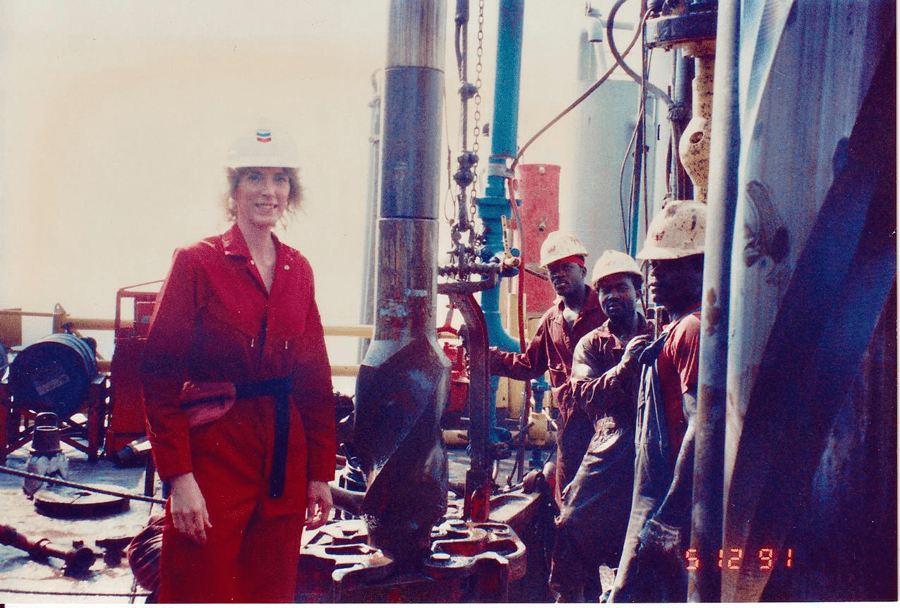

What We Get Out of It
I’ll let the members speak for themselves:
“The Third Act Group calls us into community with each other.”
“You and the other Chevron women have been integral to this transition – thanks to your creative initiative – and have been fellow companions on this Third Act journey we are all on!”
“I love everyone’s positive energy. It’s wonderful being surrounded by so many intelligent, caring, and curious women!”
“I want to stay in communication with these amazing women because I truly am inspired by all of you.”
“I always come away encouraged after spending time with this group.”
“Several of you were mentors and helped me be successful in my career. I could feel the support and care and love. I never felt hidden agendas or competition. I got honest feedback and constructive – not destructive – criticism. I had male mentors, as well, but the women mentors were easier to be completely honest and safer to be vulnerable with.”
“After these meetings, I feel very grounded after listening to those who have hit a rough patch.”


“I am so grateful to have worked in such a strong, supportive culture as Chevron. I worked in other companies prior to Chevron and they don’t begin to compare. What a wonderful experience then and now.”
“What a powerful group of women. I haven’t felt support in that way professionally for years. What radiated for me was the vast knowledge and expertise in that room. I feel that group could change the world.”
We continue to be pioneers. Women like us are redefining this age: We are going back to school, starting new romantic relationships, exploring creativity, developing encore careers, finding new spiritual paths (we have an ordained pastor among us), stretching ourselves physically (kudos to our open water swimmers!), fighting for causes, volunteering time and money, dealing with older age of ourselves and our friends and partners.
This is such an extraordinary mix of brave leaders; I hope we rally around each other for our Fourth Act, Fifth Act and more. The name of our network should really be Next Act rather than Third Act. We are just getting started. This group is about honoring who we were and cheering on who we are becoming.
Headline photo: Greta Lydecker former Kenai Refinery, Alaska, 2012.
Lucinda Jackson is the author of the memoir Just a Girl: Growing Up Female and Ambitious about her struggles to succeed in male-dominated work settings. As a Ph.D. scientist and global corporate executive, Jackson spent almost fifty years in academia and Fortune 500 companies. She has published articles, book chapters and patents, and is featured on podcasts and radio. She lives near San Francisco and is the founder of Lucinda Jackson Ventures, where she speaks and consults on empowering women in the workplace. Connect with Jackson or find her book at: https://lucindajackson.com
Oil and gas operations are commonly found in remote locations far from company headquarters. Now, it's possible to monitor pump operations, collate and analyze seismic data, and track employees around the world from almost anywhere. Whether employees are in the office or in the field, the internet and related applications enable a greater multidirectional flow of information – and control – than ever before.

